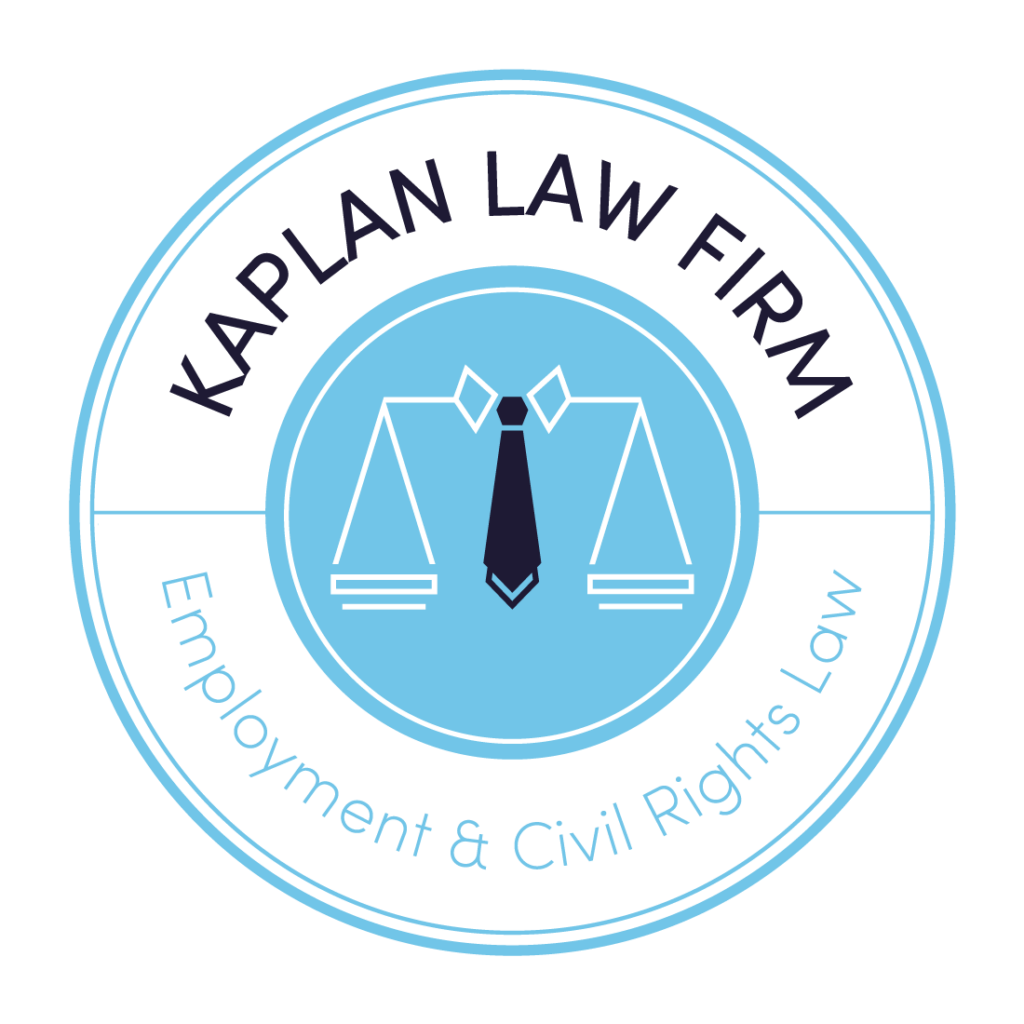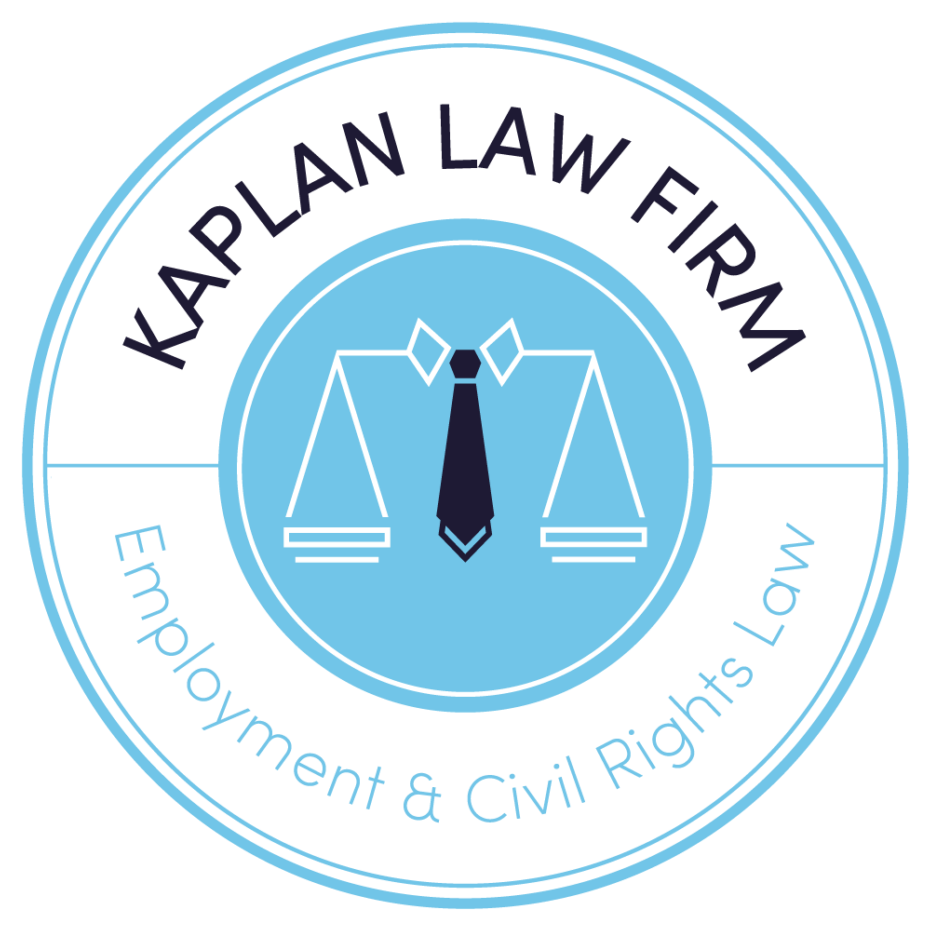Major, Historic Victory for LGBT Workers in Texas
Today is a watershed day for rights for the LGBTQ community in Texas and across the United States.
The Supreme Court just ruled for the first time today that Title VII of the Civil Rights Act of 1964, the major federal civil rights law, protects lesbian, gay, bisexual, transgender, and queer employees everywhere in this country, and this means that finally all workers are protected from LGBTQ discrimination in Texas! Let’s unpack what happened today, and what it means moving forward.
What is Title VII, the Law that Prohibits Employment Discrimination?
Title VII is the main workplace anti-discrimination law in the United States. It applies to most workplaces that employ 15 or more employees for at least 20 weeks. Title VII provides that it is illegal to fire someone because of their protected status, to harass them because of that status, and to retaliate against them if they oppose any protected harassment or discrimination. Protected statuses include race, color, religion, national origin, and sex – now including LGBTQ status.
What Was the Issue in Today’s Bostock Case?
At issue was whether LGBT or transgender status discrimination constituted discrimination on the basis of sex. Many courts, including the 5th Circuit which is the federal appeals court for Texas, previously held that because the plain language did not mention LGBTQ or transgender status and/or because the drafters in 1964 may not have meant to include those protections, the law did not protect them. Justice Kavanaugh repeatedly pointed out that “30 out of 30” judges held LGBTQ workers had no discrimination protection. Sadly, the current Justice Department also took this position, stating: “The ordinary meaning of ‘sex’ is biologically make or female; it does not include sexual orientation.”
Following the groundbreaking 2015 Obergefell decision which clarified the right to same-sex marriage, the lack of workplace protections for the LGBTQ community made less logical sense than ever. Since 2015, LGBTQ Texas employees had the right to marry their partners, but if they put a picture of the wedding on their desk, they could be fired for that without recourse.
Why Did The Supreme Court Take the Case?
The Supreme Court presumably agreed to hear the case because courts in other states held that the law included LGBTQ protection. One such case was Altitude Express, Inc., et al. v. Zarda out of the Second Circuit, where the court held Title VII did apply to discrimination against a gay skydiving instructor. So Zarda was permitted to proceed, but the case of Aimee Stephens, who was a transgender funeral home worker in Michigan, was not. This scenario created what lawyers call a “circuit split,” where federal law provided protection for LGBT and trans workers in some parts of the country, and did not in others. The Supreme Court took up the case so that it could decide which interpretation of the law was correct.
What Was the Expected Result?
Much ink was spilled expecting a 5-4 decision heading the other way – robbing the LGBT community of the protection of important workplace discrimination law. The current ideological makeup of the Court made such a decision seem likely. Lawyers and advocates alike were gearing up for what to do if the Supreme Court clarified that there was in fact no protection for most gay workers under federal law. Those advocating for civil rights pinned their hopes on Chief Justice Roberts, who dissented in Obergefell (i.e., wrote arguing against the right to gay marriage).
Surprise Success!
In a surprise development, the Supreme Court issued a 6-3 opinion on June 15, 2020, with Justices Roberts and Gorsuch in the majority, holding Title VII provides protections to LGBT and trans workers across the entire country.
Stunningly, Justice Gorsuch, a conservative-leaning jurist, wrote the opinion of the Court.
Justice Gorsuch is one of the newer Justices, having been elevated to the Court in 2017. Although Gorsuch is believed to be one of the more conservative jurists, he is also known to be a committed textualist, meaning his philosophy is to strongly adhere to the plain meaning of the text of statutes. Here, the issue for the Court according to Justice Gorsuch was whether the plain meaning of the word “sex” in the 1964’s Title VII statute included sexual orientation and transgender status.
What Did the Court Say?
Justice Gorsuch summed up the Court’s holding in the first paragraph:
“Today, we must decide whether an employer can fire someone simply for being homosexual or transgender. The answer is clear. An employer who fires an individual for being homosexual or transgender fires that person for traits or actions it would not have questioned in members of a different sex. Sex plays a necessary and undisguisable role in the decision, exactly what Title VII forbids.”
Justice Gorsuch explains his logic: “Consider, for example, an employer with two employees, both of whom are attracted to men. The two individuals are, to the employer’s mind, materially identical in all respects, except that one is a man and the other a woman. If the employer fires the male employee for no reason other than the fact he is attracted to men, the employer discriminates against him for traits or actions it tolerates in his female colleague. Put differently, the employer intentionally singles out an employee to fire based in part on the employee’s sex, and the affected employee’s sex is a but-for cause of his discharge.” Put simply, “homosexuality and transgender status are inextricably bound up with sex.”
This Law Firm made similar arguments advocating successfully for equal rights for LGBTQ workers in Texas following Obergefell: that LGBTQ discrimination necessarily involves sex discrimination (e.g., treating same-sex couples less favorably than opposite-sex couples constitutes discrimination because the treatment is based on more than the expected gender number in the couple), and is therefore already barred by the plain text of the statute as written.
The dissents, written by Justices Alito and Kavanaugh, essentially accuse the majority of legislating from the bench. But, those dissents (Kavanaugh’s written with his “unyielding respect”) will not carry the force of law like the majority opinion does.
What Really Happened Here?
Gorsuch summed up the question in Bostock as whether: “an employer who intentionally treats a person worse because of sex— such as by firing the person for actions or attributes it would tolerate in an individual of another sex—discriminates against that person in violation of Title VII.” He held the text compels the answer to be yes.
Supreme Court justices are appointed for life. Justice Gorsuch may be new, but by writing this opinion he furthers his views on judicial interpretation. He takes multiple opportunities to point out that he believes the plain meaning of the text of the statute, regardless of how it was read at the time it was written in 1964, is the most important statutory interpretation principle for him, writing: “when the meaning of the statute’s terms is plain, our job is at an end.” He is, perhaps, a textualist’s textualist.
Justice Gorsuch is telling that this is presumably so for him even when the result is contrary to political conservatism or the interests of big business. To that end, Gorsuch cites a recent 8-0 opinion he authored, New Prime Inc. v. Oliveira, 586 U. S. , –_ (2019) (slip op., at 6–7), in which the Court adopted his opinion refusing to compel arbitration despite the desires of the trucking industry because of the wording of a statutory exception in the arbitration statute.
Along the way, Gorsuch also offered an outstanding explanation of “but-for” causation, which comes up in many employment cases. He explains that there can be multiple causes for a workplace adverse action, and: “a but-for test directs us to change one thing at a time and see if the outcome changes. If it does, we have found a but-for cause,” and “if changing the employee’s sex would have yielded a different choice by the employer—a statutory violation has occurred.” He also clarified: “the plaintiff ’s sex need not be the sole or primary cause of the employer’s adverse action” for liability to attach under Title VII, cementing employee rights advocates long-held point that “but for” causation does not require the protected status (here: LGBTQ status) to be the primary cause for termination for Title VII liability to attach.
One Point of Caution
One point of concern for the LGBTQ community lurks on page 32 of the majority opinion, where Justice Gorsuch mentions that the Religious Freedom Restoration Act of 1993 (RFRA) operates as “a kind of super-statute” and might supersede Title VII’s protections in “appropriate cases.” What those “appropriate cases” are remains to be seen, but this paragraph is a nod to the forthcoming battle between religious liberty and anti-discrimination rights in this country.
What Does This Mean for LGBT Texas Employees?
For the first time ever, LGBTQ workers in Texas have the right to be free from discrimination at work. What does this mean? LGBT workplace anti-discrimination is immediately the law of the land. Today and moving forward, workers who are afraid to share their status with their bosses now have the right to do so freely, and if they get fired for it, can sue for damages and reinstatement. Plus, any Texas workers who were fired within the last >300 days (since late August 2019) because they are gay should immediately reach out to a qualified employment discrimination lawyer to take steps preserve their rights before they run out of time. And finally, all employers with 15+ employees must immediately ensure they do not discriminate against LGBTQ employees and should adopt workplace policies to reflect that if they have not already.
It may seem like most employers already prohibit LGBTQ discrimination and would never discriminate against the LGBTQ community, but we know from the calls we get that across the State of Texas over the years that was not the case. And sadly, the law did not require it. That changes today.
Does the Bostock Opinion Help Non-LGBTQ Workers?
Yes. In addition to clarifying the low bar of causation in employment cases, the opinion seemingly undercuts the “equal opportunity harasser/discriminator” defense that is so unfortunately common in employment cases. The Court wrote: “Suppose an employer fires a woman for refusing his sexual advances. It’s no defense for the employer to note that, while he treated that individual woman worse than he would have treated a man, he gives preferential treatment to female employees overall. The employer is liable for treating this woman worse in part because of her sex. Nor is it a defense for an employer to say it discriminates against both men and women because of sex.”
What About Public Accommodation (e.g., Equal Treatment at a Hospital)?
Unclear. This question was not before the Court today. But, as Justice Gorsuch foreshadowed, some have already argued that “sex-segregated bathrooms, locker rooms, and dress codes will prove unsustainable after our decision today.” Title VII does not specifically address bathrooms or locker rooms. But, as Justice Alito’s dissent points out: “Over 100 federal statutes prohibit discrimination because of sex. See Appendix C, infra; e.g., 20 U. S. C. §1681(a) (Title IX); 42 U. S. C. §3631 (Fair Housing Act); 15 U. S. C. 1691(a)(1)(Equal Credit Opportunity Act).” Justice Alito predicts: “Healthcare benefits may emerge as an intense battleground under the Court’s holding,” and points out that the Affordable Care Act makes sex discrimination prohibited in the provision of healthcare. This Firm noticed in Justice Alito’s helpful list of over 100 statutes in Appendix C that the Equal Pay Act (29 U. S. C. §206(d)(1)) is included, suggesting it may soon be the case also that LGBTQ workers must receive equal pay to others. Hopefully all those statutes will now be similarly interpreted to prohibit LGBTQ discrimination from now on based on today’s Bostock opinion.
Do You Have the Opinion?
Here is the opinion for download!
What Steps Should I Take Now If I Was Fired or Harassed at Work in Texas For Being Gay or Trans?
Reach out to a qualified Texas employment lawyer immediately. In most claims, you must file a Charge of Discrimination with the EEOC within 300 days to preserve your rights. Do not delay!




